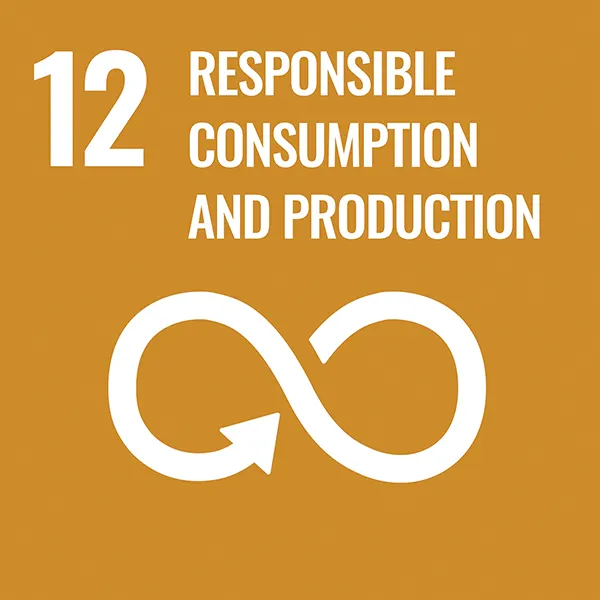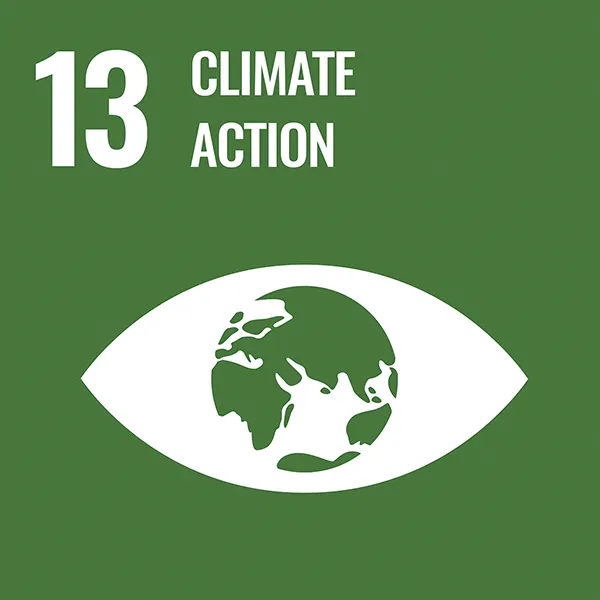Energy Use and Emissions
IDEX’S SCOPE 1 AND SCOPE 2 EMISSIONS
Between 2023 and 2024, IDEX’s total Scope 1 and Scope 2 emissions decreased by approximately 2%, and our emissions intensity stayed nearly flat with a <1% increase. Notably, over half of our businesses saw a decrease in overall Scope 1 and Scope 2 emissions during the same time period.
Location-based Scope 2 emissions decreased by 6% between 2023 and 2024. This reduction is likely a result of multiple factors, including, but not limited to, reduced energy consumption at a number of manufacturing sites and a greener energy mix in key markets such as the U.S., Germany, and the U.K.
Scope 1 emissions increased from 2023 to 2024, due to the acquisition of our STC Material Technologies business in December 2023, which uses natural gas to heat ovens used in the manufacturing process. We are exploring ways to both offset these Scope 1 emissions and reduce emissions by electrifying the heating process.
Our mobile emissions decreased by 10% from 2023 to 2024, likely due to both reduced company vehicle usage and improved data collection efforts.
our Scope 2 emissions
decreased by 6%
IDEX is making progress against its goals, and we are continuously working on being good environmental stewards as we grow through acquisitions. Our emissions intensity has increased overall since our 2021 base year, but a significant portion of the increase is due to businesses we have acquired during that time period, particularly those that are more emissions intensive than historical IDEX businesses.
Following an acquisition, we first prioritize the integration of financial, commercial, and other operational initiatives. Once an acquisition is integrated, it is then introduced to certain targeted environmental sustainability and decarbonization programs. Our Muon businesses (acquired in 2022) initiated various decarbonization projects in 2024 and made significant strides in reducing their overall emissions footprint from 2023 to 2024. Our Mott businesses, acquired in 2024, were not included in the most recent emissions inventory.
Benchmarking indicates that our overall emissions remain relatively lower than our industry peers, while our emissions intensity is slightly higher. Moving forward, we will continue to develop and implement decarbonization programs and strategies, with a focus on the higher-emitting business. We remain confident that we will meet our stated emissions goals.
Continuous Improvement in Data Collection
We continue to improve our data collection methods and have used fewer estimated data points each year from our 2021 baseline. In 2023, we transitioned to a third-party utility bill management service to improve the timeliness, accuracy, and completeness of our data that informs our Scope 2 and water use inventories.
GREENHOUSE GAS (GHG) INVENTORY
Our GHG inventory covers emissions from all sites under our operational control with the exception of Mott, which we acquired in September 2024. In partnership with an external consultant, Scope 1 and Scope 2 emissions are calculated in accordance with the Greenhouse Gas Protocol. We collect and report both location-based and market-based emissions. In accordance with the GHG Protocol, our GHG inventory includes adjustments due to acquisitions and divestitures.
Scope 3 Emissions
We do not currently report Scope 3 emissions, but we are taking steps to build an enterprise-wide program related to the collection and disclosure of such emissions.
In 2024, working with an outside consultant, SFC Koenig conducted a Scope 3 emissions inventory, assessing emissions across its entire value chain. This inventory included all relevant Scope 3 categories, and where full-year data for 2023 was unavailable, figures were annualized for consistency. The emissions assessment used a hybrid methodology, combining spend-based data and more specific activity-based calculations. For this particular business, three categories were identified as significant, each exceeding 5% of its total Scope 3 emissions: Category 1: Purchased Goods & Services, Category 2: Capital Goods, and Category 4: Upstream Transportation & Distribution.
We also surveyed our businesses in an effort to determine which categories are the most relevant to IDEX and its stakeholders. As we build toward compliance with emerging regulatory requirements that include Scope 3 disclosures, we intend to build on learnings from these exercises.

